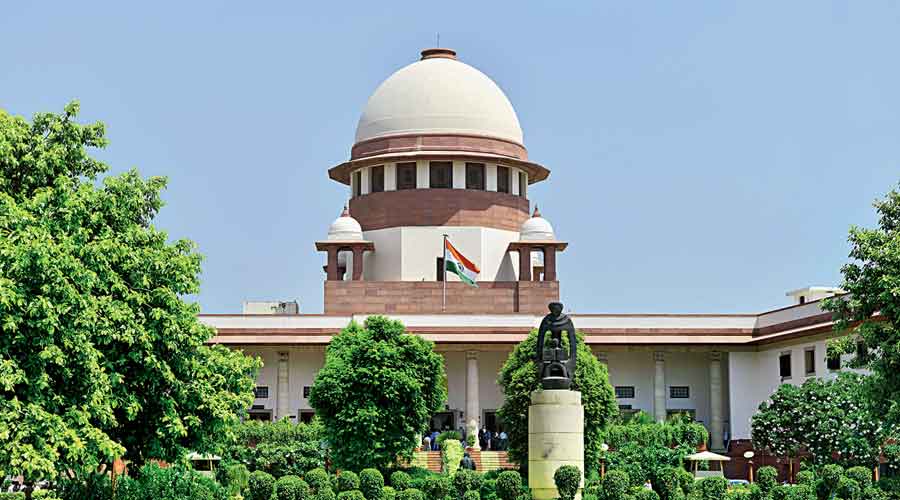On November 6, the Supreme Court voiced its apprehensions about an ongoing problem where State Governments have to resort to the courts to obtain decisions on bills passed by the legislature. The court signifies the importance of discontinuing the practice where governors only act on bills after the state government has submitted a court petition.
During a hearing led by Chief Justice DY Chandrachud, the State of Punjab’s writ petition raised concerns about Governor Banwarilal Purohit’s inaction on seven bills. The Solicitor General, Tushar Mehta, assured the governor’s actions and pledged to provide details by Friday. CJI Chandrachud expressed frustration with governors’ trend of acting on bills only after Supreme Court petitions, citing a similar situation in Telangana. He underlined the need of non-elected officials like governors adopting a more proactive stance in carrying out their responsibilities.
Representing Punjab, senior advocate Dr. Abhishek Manu Singhvi highlighted that crucial bills, including those related to fiscal management, GST amendments, and gurudwara management, were sent to the governor for consideration in July. The governor’s indolence on these bills adversely affected governance, with consideration deferred due to apparent lack of symmetry. Chief Justice Chandrachud criticized the unconventional legislative assembly reconvening, noting it was adjourned sine die in March but resumed in June. The Solicitor General contended that such a practice did not align with the constitutional framework.
The CJI emphasized the need for self-reflection and resolution of issues between the Chief Minister and the Governor. KK Venugopal, a Senior Advocate and former Attorney General for India, mentioned a similar Kerala petition against the governor. The bench, including Justice JB Pardiwala and Justice Manoj Misra, agreed to hear petitions from Kerala and Tamil Nadu with Punjab’s case. The Solicitor General pledged to file a status report on Punjab’s situation. Punjab’s Advocate General confirmed that the governor had granted assent to two of the seven pending bills.
Among the bills in question were the Punjab Fiscal Responsibility and Budget Management (Amendment) Bill, 2023, the Punjab Goods and Services Tax (Amendment) Bill, 2023, and the Indian Stamp (Punjab Amendment) Bill, 2023, which the Governor had refrained from endorsing. Four additional bills awaited the Governor’s approval, and he expressed concerns about the legality of certain legislative sessions. On November 1, Governor Purohit granted assent to two bills, but the legislative process was further complicated as three money bills required his approval for presentation in the Assembly.

